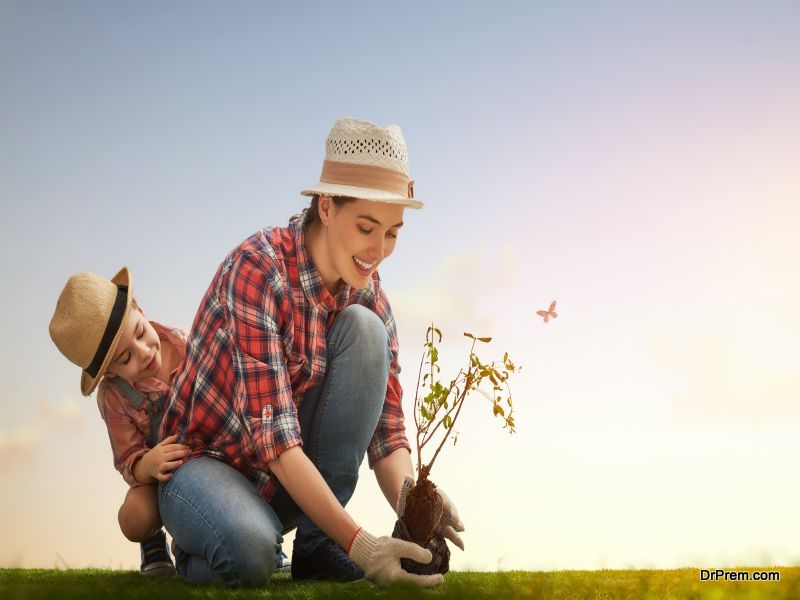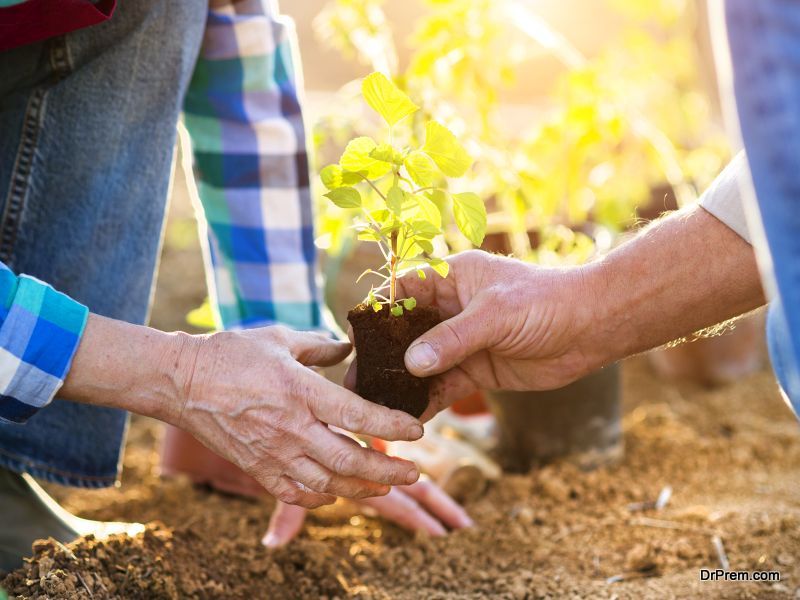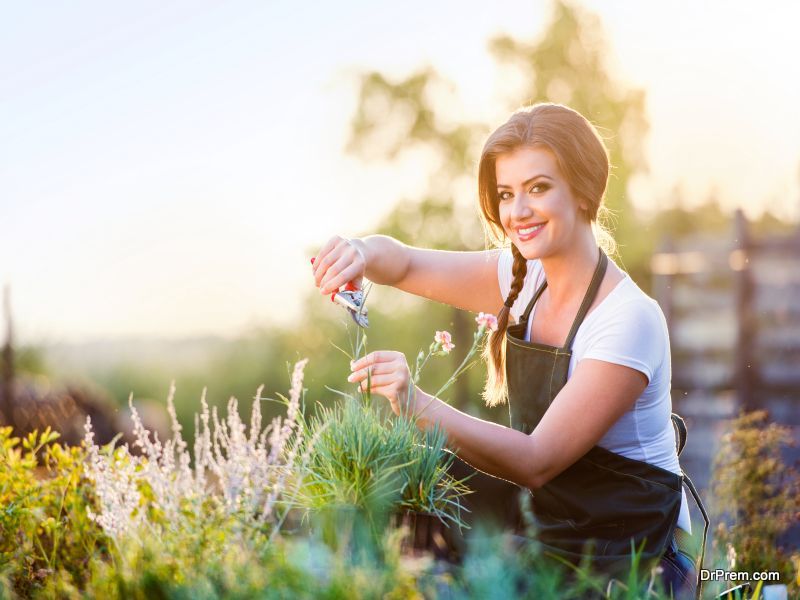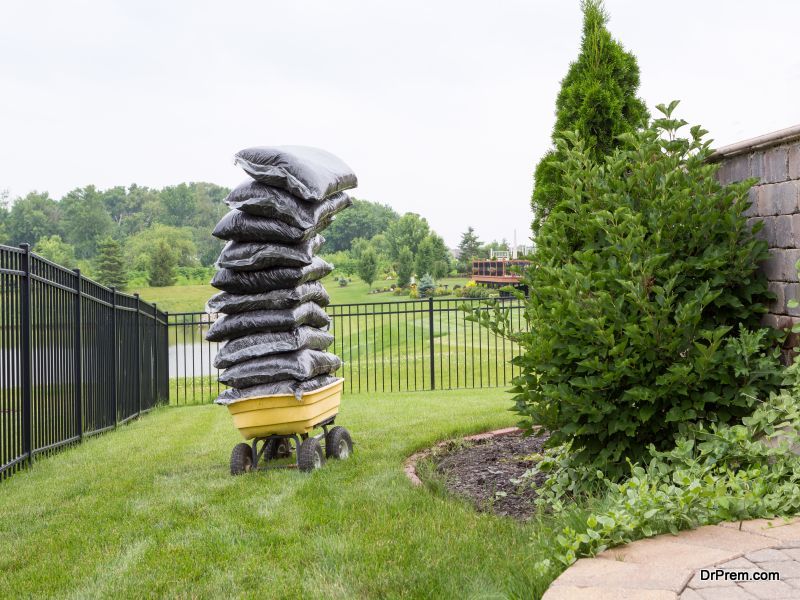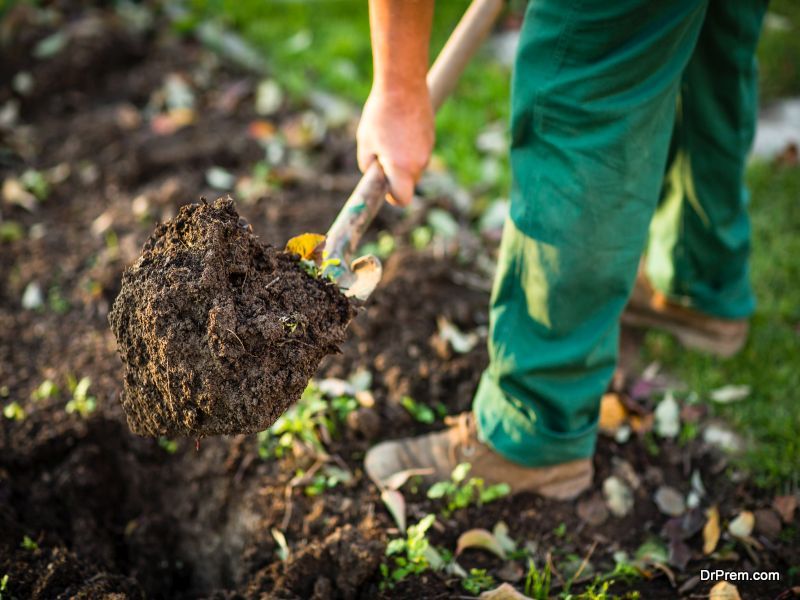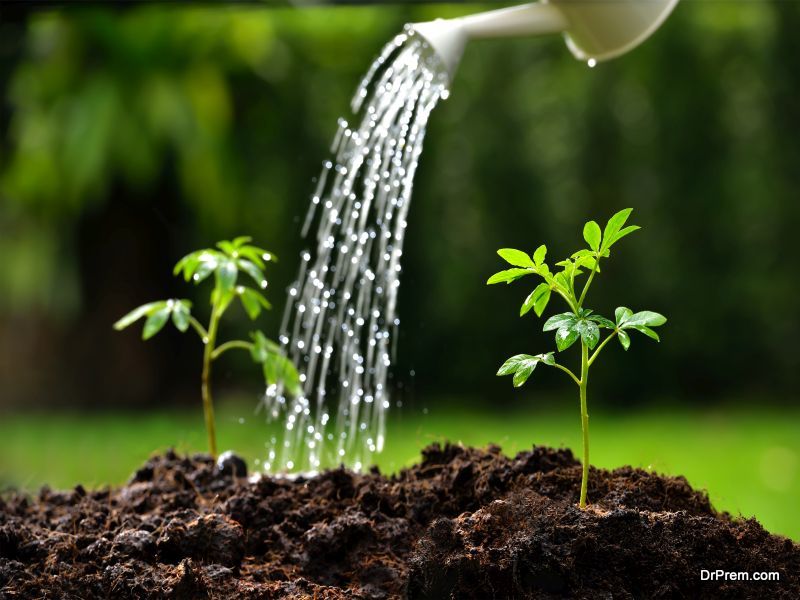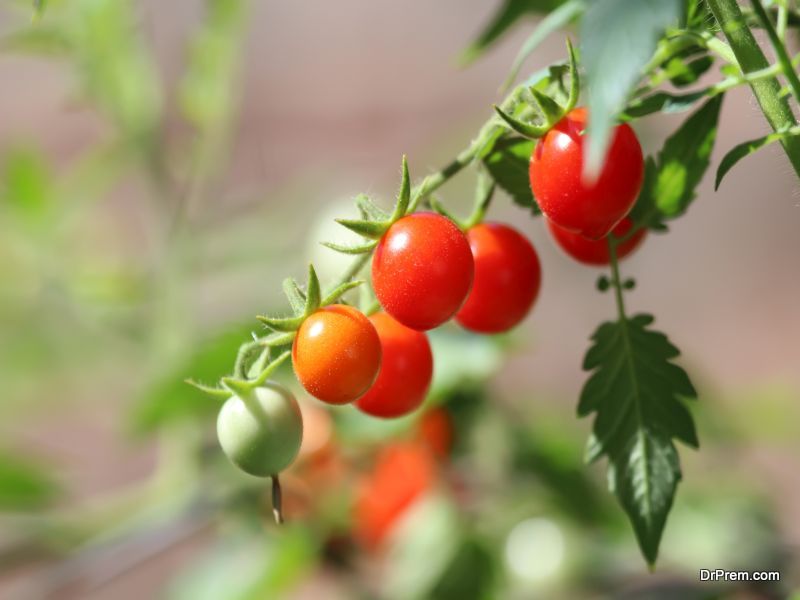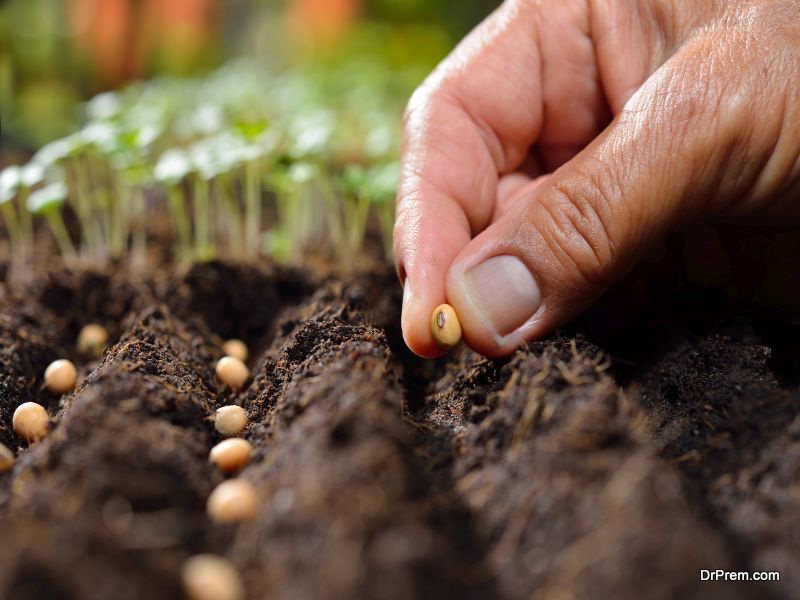In their bid to make more flowers blossom and plants grow faster bearing ripe fruits owners often use harmful pesticides and chemicals in their gardens. This practice, however, ruins the balance of nature, damaging the environment.
Sustainable gardens are more eco-friendly and also healthier. There are several ways in which one can improve the sustainability of their gardens reducing their carbon footprint. Some tips and ideas for making your garden more sustainable have been discussed in the following.
Plant Appropriate Trees
Climate and soil appropriate planting is the first and foremost step towards sustainable gardening. Many homeowners make the mistake of spending surprisingly big amounts of money in buying and planting trees, shrubs and flowering plants which are scarcely found in their locality.
Growing locally available plants keep the soil healthier, reduce cost of gardening and maintain the balance of your environment. For example, someone like Tree Service Las Vegas plants appropriate trees and you could contact if you stay in the region. Local plants do not require pesticides and fertilizers to grow on time, keeping pollution to minimum.
Keep it Organi
Patience is truly a virtue when you are nurturing a garden. With time and regular care plants will definitely offer beautiful blooms to the gardeners. Some gardeners deviate from the path of sustainable gardening using chemicals for quicker results. Devote more time and efforts instead on enriching the soil with nutrients by adding natural compost to it. There are also organic solutions for keeping the insects and pests at bay.
Regular Mulching
Another way to maintain the sustainability of your garden is regular mulching. Mulching reduces the chances of weed growth. Plus, this method of gardening locks moisture in soil, enhancing the amount of water in the soil for better plant growth.
In case there are restrictions on water reserving in your locality then mulching is a necessity. Not more than 2-3 inch layer of mulch is needed to be spread on the garden bed and landscape. There is a variety of mulching options such as cocoa bean hulls, pine needles, grass clipping and shredded bark.
Double Digging
Double digging is a technique of tilling soil that helps it in carrying more water for the plants. This method is also vitally important for increasing aeration of soil, making it more nutrient for the plants. Through double digging the organic nutrients in the soil goes deeper. This forces the plants to extend their roots in a greater depth, being better rooted and healthier.
Use Less Water
One of the prime conditions of sustainable gardening is less wastage of water. In many areas there are strict restrictions on water usage. That’s why try to ensure that your garden is less thirsty. You may try Xeriscaping which is a technique of landscaping and gardening that decreases the need of watering. In addition, plant drought tolerant shrubs and perennials which do not require regular watering.
Harvest Food
Growing food in your garden or allotting a part of your garden for growing vegetables is a great way of sustainable gardening. From herbs and fruits to vegetables like aborigine and carrots, you can produce organic fresh vegetables, supporting bio-diversity in your garden. Choose crop according to local climate and season for best results.
Save Your Seeds
A good step towards sustainable gardening would be collecting seeds from local planters. You may also save seeds from your own plants. Locally grown seeds have better capability of adapting with the climate, soil and water. Obviously the better the plants are adjusted to the environment the less babying they need. This way a domestic gardener can save both money and effort on gardening.
Sustainable gardens are cost-efficient and eco-friendly. Through sustainable gardening domestic gardeners can convert carbon dioxide into carbon atoms and get it attached to the soil, reducing pollution. Sustainable gardening is also a great way to cultivate organic produces. Growing native plants, drip irrigation, mulching and composting are some ways of sustainable gardening.


